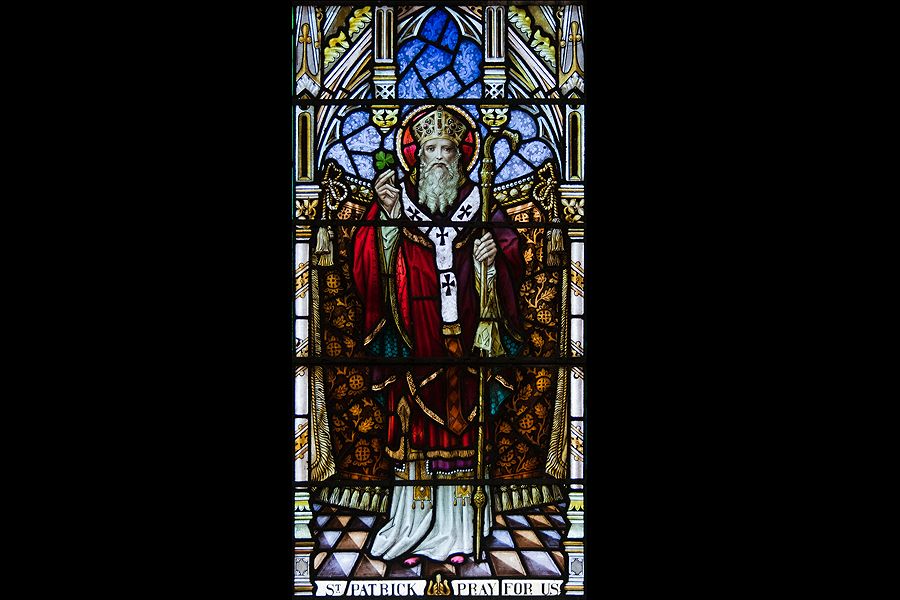- Feb 5, 2002
- 166,628
- 56,258
- Country
- United States
- Faith
- Catholic
- Marital Status
- Married
- Politics
- US-Others
Although March 17 is still known to the world as St. Patrick’s Day, the celebrations tend to focus more on beer and leprechauns than on the saint himself. That’s a shame because there’s a lot to celebrate about the legendary St. Patrick.
Born in Britain in the latter years of the fourth century and torn from his home in a slave raid as a young man, Patrick went on to be one of the greatest missionaries the Catholic Church has ever known.
St. Patrick and Ireland — for many people, it’s impossible to think of one without the other. His name is, and will always be, associated with the conversion of a nation. In the illustrious history of evangelization, few saints could make similar claims.
There are many reasons to admire Patrick: He was an orator of Ciceronian proportion, he was gifted with the ability to teach common people uncommonly difficult concepts, his physical stamina was legendary, his perseverance unwavering, and his personal sanctity was evident to all except those who blindly refused to see it.
Yet, there was one man who wasn’t all that impressed with Patrick, and that was Patrick himself.
In reading his own writing, one quality perhaps rises above the rest: humility. Two of his written works survive from antiquity: “Confession” and “Letter to the Soldiers of Coroticus.” Both provide a glimpse of the Apostle of Ireland in his own words.
The humility of St. Patrick is evident in his writings. For instance, he begins his “Confession”: “I, Patrick, a sinner, a most simple countryman, the least of all the faithful and most contemptible to many.”
Continued below.

 www.catholicnewsagency.com
www.catholicnewsagency.com
Born in Britain in the latter years of the fourth century and torn from his home in a slave raid as a young man, Patrick went on to be one of the greatest missionaries the Catholic Church has ever known.
St. Patrick and Ireland — for many people, it’s impossible to think of one without the other. His name is, and will always be, associated with the conversion of a nation. In the illustrious history of evangelization, few saints could make similar claims.
There are many reasons to admire Patrick: He was an orator of Ciceronian proportion, he was gifted with the ability to teach common people uncommonly difficult concepts, his physical stamina was legendary, his perseverance unwavering, and his personal sanctity was evident to all except those who blindly refused to see it.
Yet, there was one man who wasn’t all that impressed with Patrick, and that was Patrick himself.
In reading his own writing, one quality perhaps rises above the rest: humility. Two of his written works survive from antiquity: “Confession” and “Letter to the Soldiers of Coroticus.” Both provide a glimpse of the Apostle of Ireland in his own words.
The humility of St. Patrick is evident in his writings. For instance, he begins his “Confession”: “I, Patrick, a sinner, a most simple countryman, the least of all the faithful and most contemptible to many.”
Continued below.

What St. Patrick can still teach the world
Though he lived more than 15 centuries ago, St. Patrick has a lesson to teach our world today.
